Marble Flooring
Being one of the most common natural stone material used in home flooring, Keeping marble floor scratch and stain free is indeed possible. With our cutting edge technology, marble polishing/ resurfacing is a quick and dust free process. Whether it’s your marble floor in living room, island top at your kitchen or vanity top in your bathroom, our skilled stone specialized will be able to renew its look and restore the marble.
What We Do
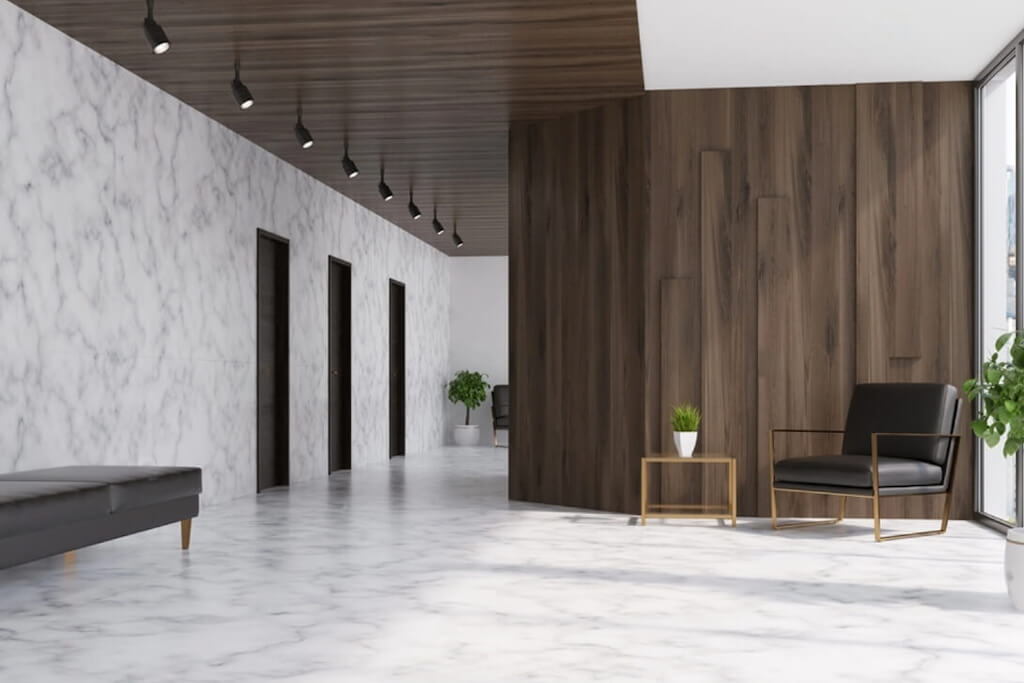
Marble Flooring
Marble floor polishing and grinding help remove scratches and stains, restoring the natural lustre and shine of marble tiles.
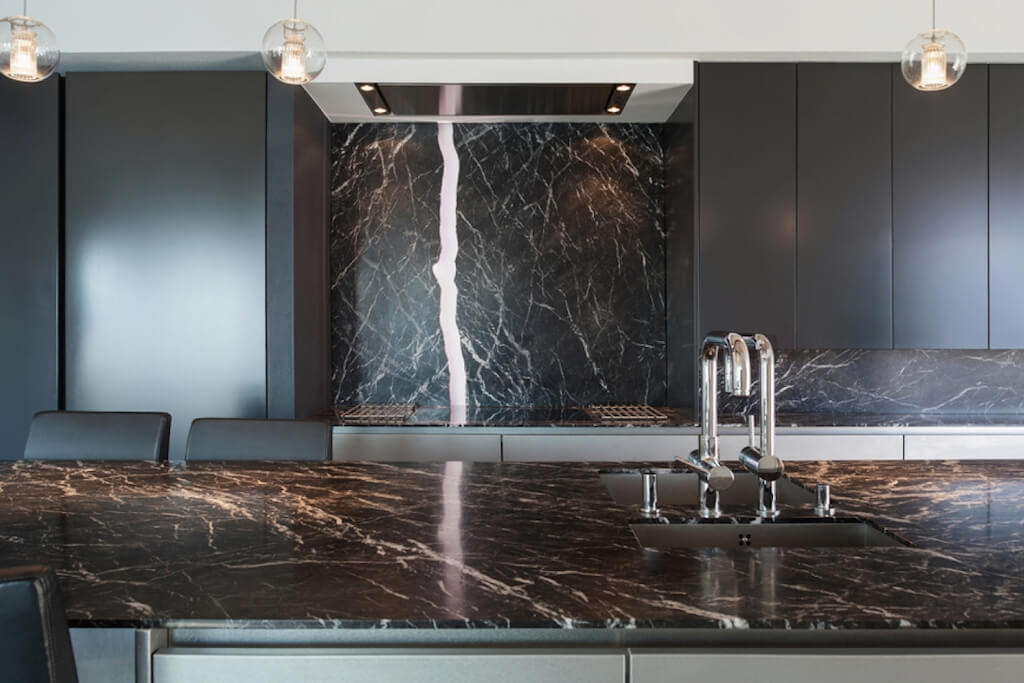
Kitchen Top
Grinding and polishing of kitchen island top which is often subjected to stains from food and beverage preparation. Handheld machine will be used to carefully grind and polish the edges to deliver the best workmanship and results.
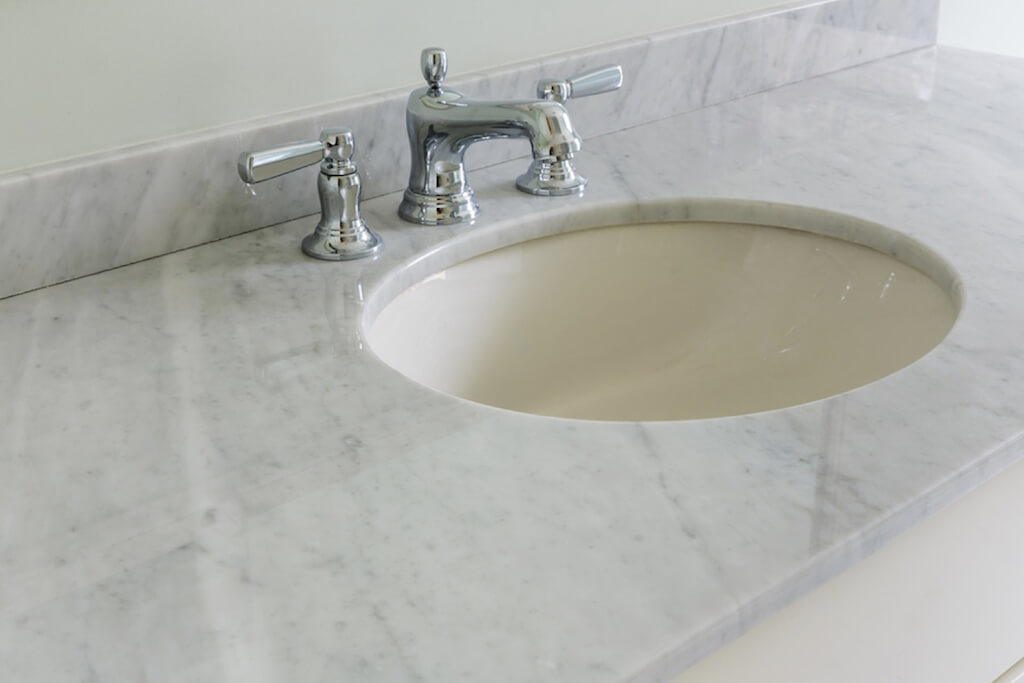
Vanity Toop
Vanity tops are easily stained as it is exposed to harsh chemical such as hand detergent, soap and grooming products. Grinding and polishing of vanity top with a handheld machine requires dedicated skills to ensure best results.
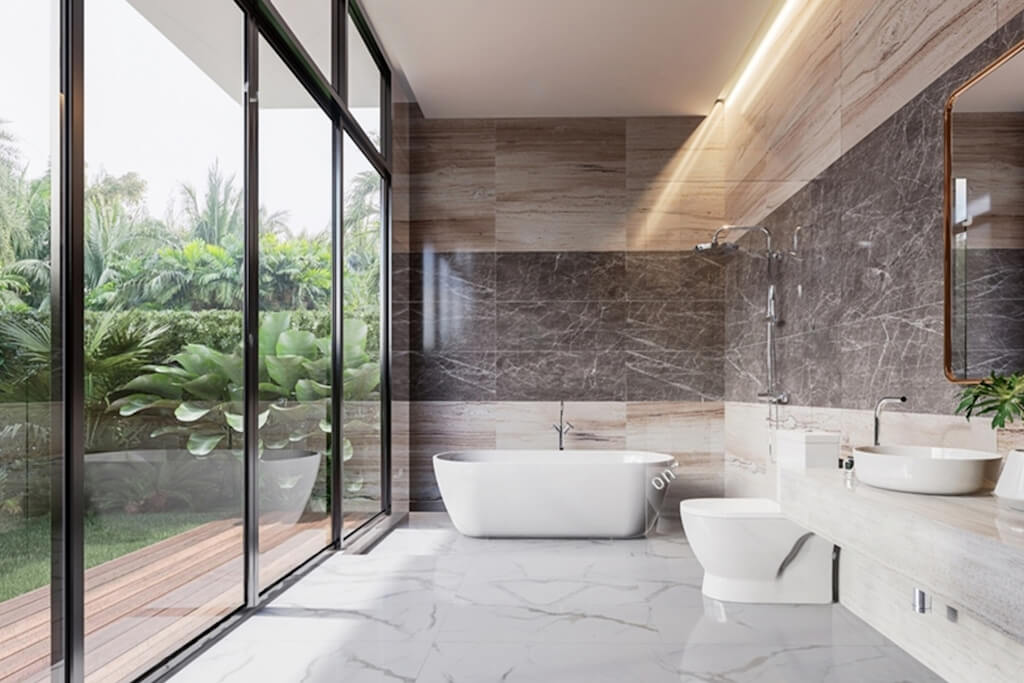
Marble Bathroom
Chemical exposure from soap, body detergent and shampoo is harmful to the beauty of your marble bathroom. Our devoted technician will be able to take care of this issue and return your bathroom marble tiles to a clean and stain free finishing.
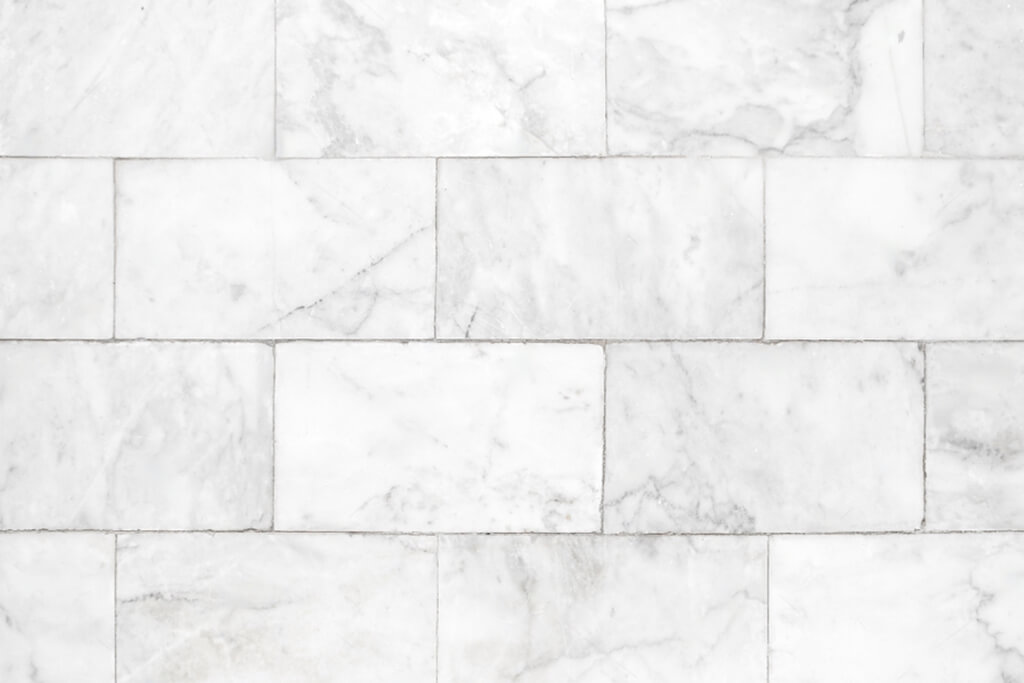
Marble Regrouting
Marble tiles that are hold together by cement grouting can have dirty grouting issue after years of wear and tear. Cement grouting might chip off and can appear black and dirty as it soak up stains and dirts. Our marble gum regrouting process can help solve this problem. Cement grouting will be removed and replaced with marble gum to ensure longer lifespan of clean grouting.
How We Work
Surface Cleaning and Grinding
As the first step of treatment, marble tiles surface will be clean follow by the grinding process. Grinding removes all ledges,roughness, stains and scratches on the surface of the marble tiles to prepare the tiles for the following steps of treatment.
Honing
Essential steps to smooth the marble floor surface. Industrial grade diamond powder are used to bring up shine to the marble as well as removing any scratches and stain on the surface to ensure a uniform appearance on the marble surface.
Polishing
Smaller grade industrial diamond powder will be used to polish the marble floor to shine. When perform professionally, this step will return the natural shine of your marble floor leaving a shiny or semi-shine finish. Finally, the floor will be rinsed and cleaned to removed any additional powder.
Optional Sealant
Clients with young children or pets can consider adding sealant as a final step to act as a layer of protection on the marble tiles. This will increase the lifeshell of the newly resurfaced marble tiles.
How We Work
Frequently Asked Questions
How often should I get my marble floor polished and sealed.
For maximum results, we suggest treating it on a yearly basis to maintain marble shine. If once a year is not possible, we suggest having it treated at least once every 3 years.
How should I take care of my marble floor?
Water is the best cleaning agent for marble floor. Use a damp cloth to mop on a weekly basis to maintain the cleaness and shine of ypur marble floor. If water is not enough, neutral PH detergent is your second alternatives. Avoid any acidic cleaning products as it will ruin your marble flooring. But most importantly, if there is any incident or spoilage, make sure to clean it immediately to prevent any staining on your marble. The longer you leave a stain untreated, the deeper it sits into the marble and harder it is for it to be removed.
What causes marble to stain?
The weather and everyday wear and tear can have a negative effect on marble but the main cause of problems with marble staining is due to moisture in the stone caused from spilled drinks or the wrong type of detergent (especially the acidic ones). Oils, dyes/inks also can leave stains if not treated,the depth of penetration will depend on a few different things, like for example the finish on the stone and the amount of time the oil is left on the marble, however, the longer you leave it on the marble the deeper the stain will be and the harder it will be for us to remove the stain. Another common stain you’ll find on marble is rust. These stains are reddish-orange and are caused by the oxidation (rusting) of iron. Water penetrating bad joints or cracks can activate or accelerate the rusting. If the rust is only on the surface of the stone it will be easily removed with a cloth or some abrasive pads, however, if it’s within the marble itself it will be much harder to remove the stain completely.
